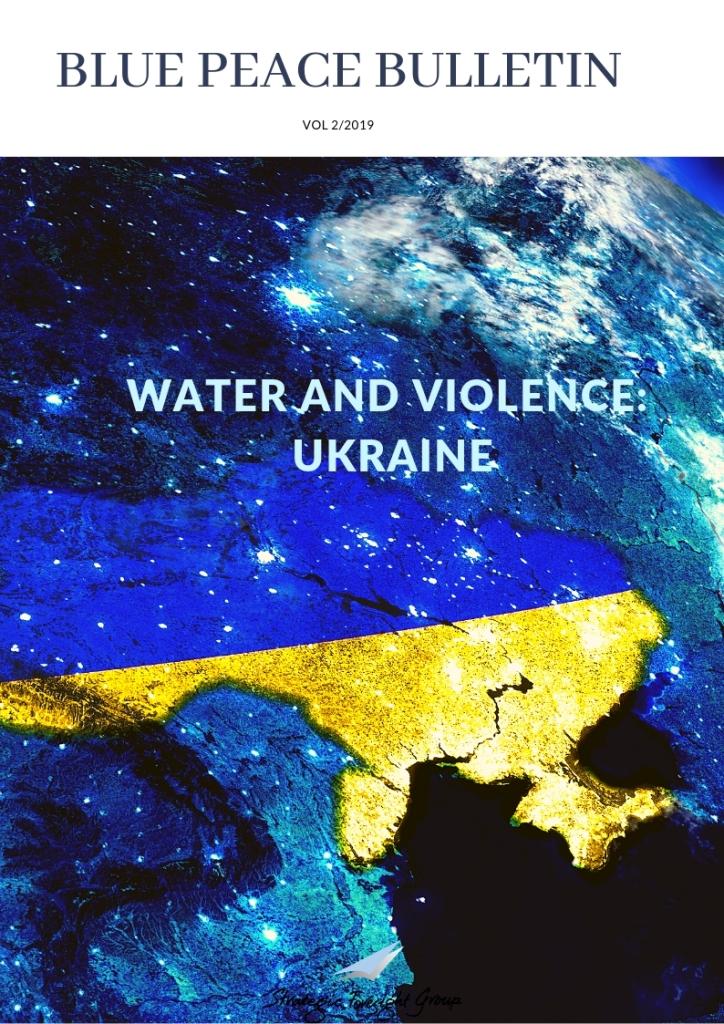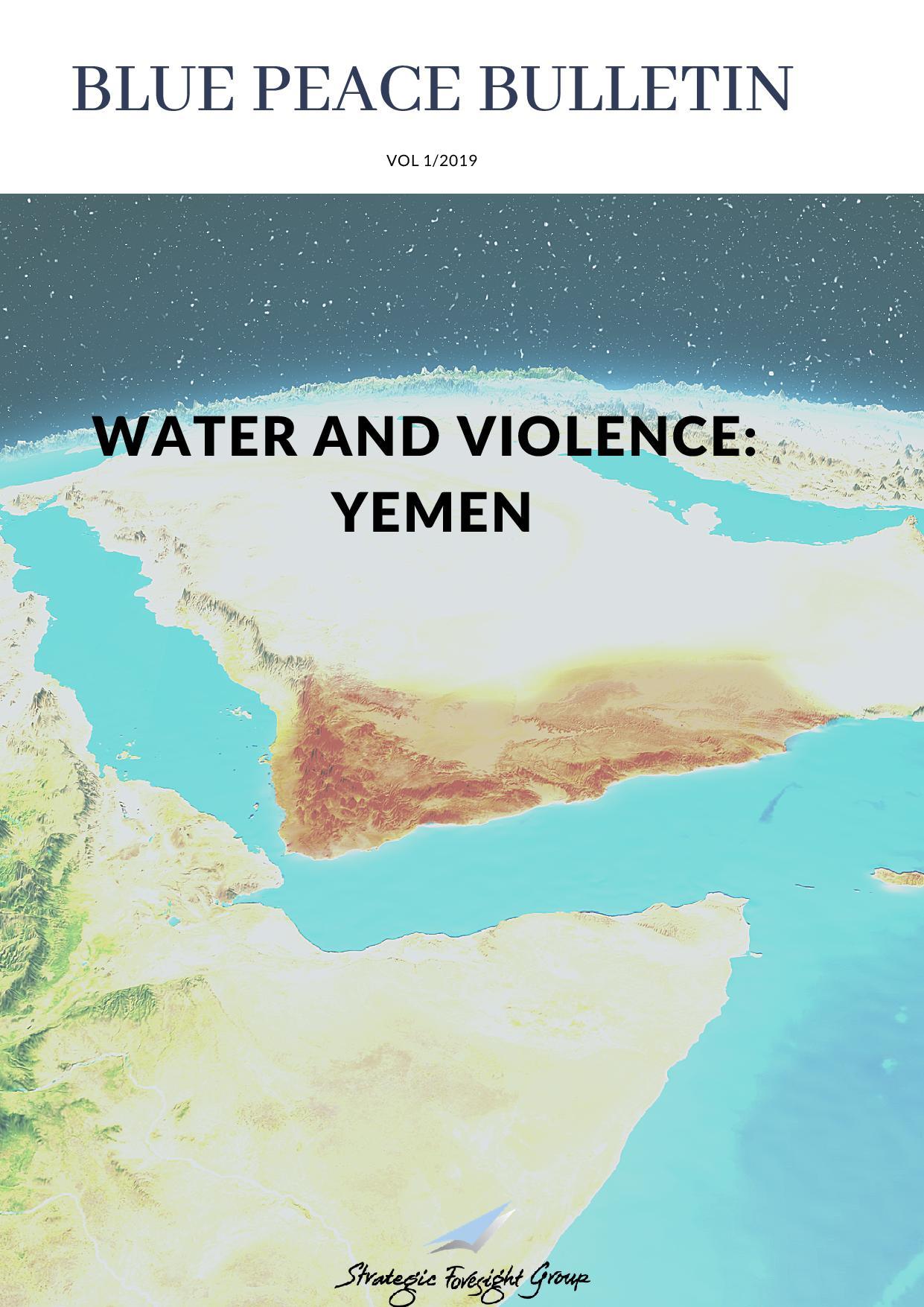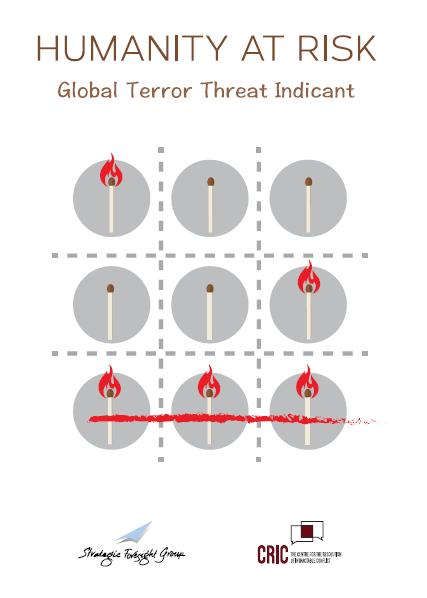The Energy Game
|
|
May, 2010
By
|
The global financial crisis, the long war, and the theory that water will be the next big cause of conflict, have all served to partially hide an extremely important, quietly waged, global energy game. This �€˜game�€™ is a fierce struggle for control over the world�€™s greatest oil and gas reserves in Central Asia. With the discovery of new reserves to the tune of several trillion barrels of oil and gas in both Turkmenistan and Kazakhstan, in addition to the existing known reserves in Azerbaijan, the region has become a great playing field for the energy hungry world. On the one hand there are the western powers spearheaded by America who are soon to be heavily dependent on others for oil and gas, and on the other hand is the new emerging contender on the block, China, with her old fair weather friend Russia, in the middle.
Added to the mix is Iran, and her quest to be a regional power in whatever manner possible. Pepe Escobar has aptly described this zone that transcends political boundaries and ethnic lines as �€˜pipelinestan�€™. This is the new zone of competition, between the old hands and the new challengers, and the game will be played out in the form of energy pipes that will run from Central Asia to the rest of the world, through routes that are yet to be decided.
There exist several potential routes from Central Asia to the rest of the world, with each competitor angling for its own preferred route. Turkmenistan, Kazakhstan, and Azerbaijan are all landlocked and dependant on their neighbours to ship their oil and gas. Thus, simply stated, whoever controls these pipelines controls the resources running through them. Historically Central Asian oil and gas has flowed through Russia to Europe and beyond, and Russia would prefer to keep the status quo, and control sales to the European markets. Iran would prefer to change this course and have the resources flow southwards through their territory, and shipped worldwide from the Persian Gulf.
China, which proposed building 3000km of pipelines from the Caspian fields across Kazakhstan has begun building smaller lines, and would have the oil feed its economy first, as well as potentially supply other Asian economies. Ideally, the United States, without direct access to the fields, would prefer that these resources reach their industries and the open market without the influence of Russia, China or Iran. At a disadvantage, Washington is yet to formulate a clear strategy of movement, though they have begun employing a soft power approach to build a relationship with Kazakhstan and other countries in the region.
All of these routes present a number of problems with transportation, vis-à-vis geographical constraints and international relations. Heading westwards is the great Caspian Sea and skirting that would increase the length and subsequently cost of the pipeline. Alternately, building an underwater pipeline could prove more expensive as well as environmentally problematic. Heading eastwards is almost 7000km of terrain till the oil and gas reach the Pacific Ocean, which could prove a deterrent even to China�€™s infrastructure geniuses. Sending the resources in the southeast direction to the Indian Ocean would result in travelling through the war torn mountainous regions of Afghanistan. Politically there are numerous obstacles that would be harder to overcome than difficult terrain, where cross-border pipelines require agreements and treaties to be signed and adhered to. Traditionally Kazakhstan has professed an unwillingness to send oil via Iran for fear of loosing favour with the US. Complicating the matter further is the ownership of the Caspian which still remains under dispute.
On the periphery of this great game stands Turkey. An important and strategically located country, it stands to gain as a transit nation for energy travelling to Europe, and more importantly to Asia. It will be extremely useful and prudent in the long run, for the existing players to realize the potential of this comparatively stable country, and involve them in future negotiations. It will also be extremely important to recognise that Asia will undoubtedly be the biggest market for energy in the coming decades, and any country that has a stake in controlling the flow of energy to Asian economies will have a stake in controlling the future markets.
A route via Turkey, as an extension of the existing Baku-Tbilisi-Ceyhan pipeline, poses a number of advantages over other routes. With relatively good relations in the region, Turkey can negotiate deals that are politically and strategically more viable than proposed routes through the Russia or China. Oil and gas shipped from Turkey could be sent worldwide, and would offer an alternative to any monopoly by Iran over the Persian Gulf. A Trans-Caspian pipeline from Turkmenistan and/or Kazakhstan, to Turkey following the Baku-Tbilisi line poses fewer political complications, than any of the other routes - though the monetary and environmental aspects do pose serious questions. There is also a lesser threat of the flow of oil and gas being disrupted in Turkey. For their part, Turkey could use its position and influence to ensure that the region does not become simply a great playing field in this energy game, and that the balance of power is maintained.
While it is difficult to determine what direction the pipelines will be built and who will control the field, it is safe to assume that exiting energy routes will remain and that the ones under construction will become operational in the future. Examining the struggle between Iran, Russia, China, and the US over their preferred pipeline routes for Central Asian oil and gas gives a good glimpse as to the world's future geopolitical order. Bringing Turkey into the mix would undoubtedly disrupt the present political machinations, but will prove to be a strategic ally for the future and should not be left out of the fray. These countries are converging upon the region with a desperate fervour, as wresting control of these resources is a vital part of any future world strategy. Considering the rising energy costs, the pace of human consumption, and the strategic implications of who wins this game, it is time we began paying more attention to the production and movement of these vital resources.
Related Publications
Related latest News
Related Conferences Reports
-

P5 Experts Roundtable on Nuclear Risk Reduction
Download:Geneva Roundtable Report
-

Roundtable on Global Security and Catastrophic Risks
Download:Report on RT revise





